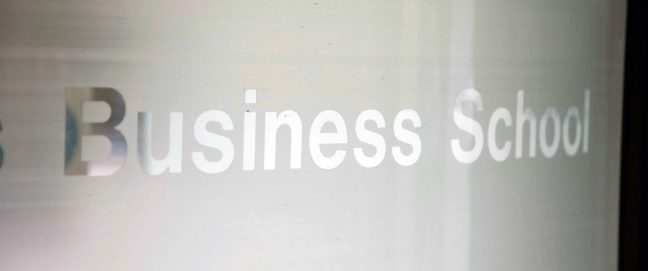In the autumn 2016 term, Effective Altruists of the University of California, Berkeley organized and taught a ‘DeCal’ course called ‘The Greater Good’. A DeCal or ‘Democratic Education at Cal’ is an independent course organized and taught by students. These courses are quite popular at Berkeley, with dozens offered for credit each semester.
The Greater Good is designed to be an introduction to many of the core concepts in effective altruism – the basis of which is to maximize the good you can do.
Weekly classes are two hours long and cover topics including moral trade-offs, prioritization of causes, and quantitative reasoning. A typical class would be structured around a presentation by the class teacher with discussions interspersed at various points.
Students also play two giving games. The first divides students into small groups; the second gives each individual student $50 to donate. These games allow students the opportunity to apply the lessons learned in class by using quantitative and moral reasoning to choose what they think is the better charity to give to.
This was our third time teaching the course, which was originally organized and planned in spring 2015. Our most recent class had a full complement of 35 students. Grading was based on in-class participation, short essays, and completion of the assigned weekly readings.
The Greater Good highlights the rigorous academic nature of effective altruism. By exploring the challenges of the world in a unique, interdisciplinary fashion, students gain a valuable perspective that they can apply to a variety of problems in the future. Our student-led course is one of our campus movement’s greatest accomplishments. We hope to run it every semester and continue to inspire students to do good, better.
Effective altruism
Courses on effective altruism are a new element in the teaching of philanthropy, in its broadest sense. Most of these are new, only beginning in 2015.
Its academic and spiritual home is in philosophy, practical ethics and utilitarian thinking – a sort of logical compassion, the basis of which is to maximise the good you can do. The movement is noted for showing how popular assumptions about doing good can be misguided. One of the distinguishing features of effective altruism is the use of evidence – collecting data, analysing it and acting on the conclusions.
As philosopher Peter Singer, one of the apostles of the movement, puts it in a blog in the Boston Review: ‘Living a minimally acceptable ethical life involves using a substantial part of our spare resources to make the world a better place. Living a fully ethical life involves doing the most good we can.’
For more information effectivealtruism.org
Akhil Jalan is president, Effective Altruists of Berkeley. Email akhiljalan@berkeley.edu








Comments (0)